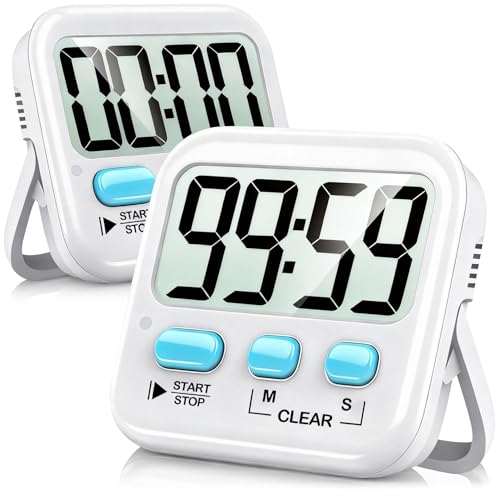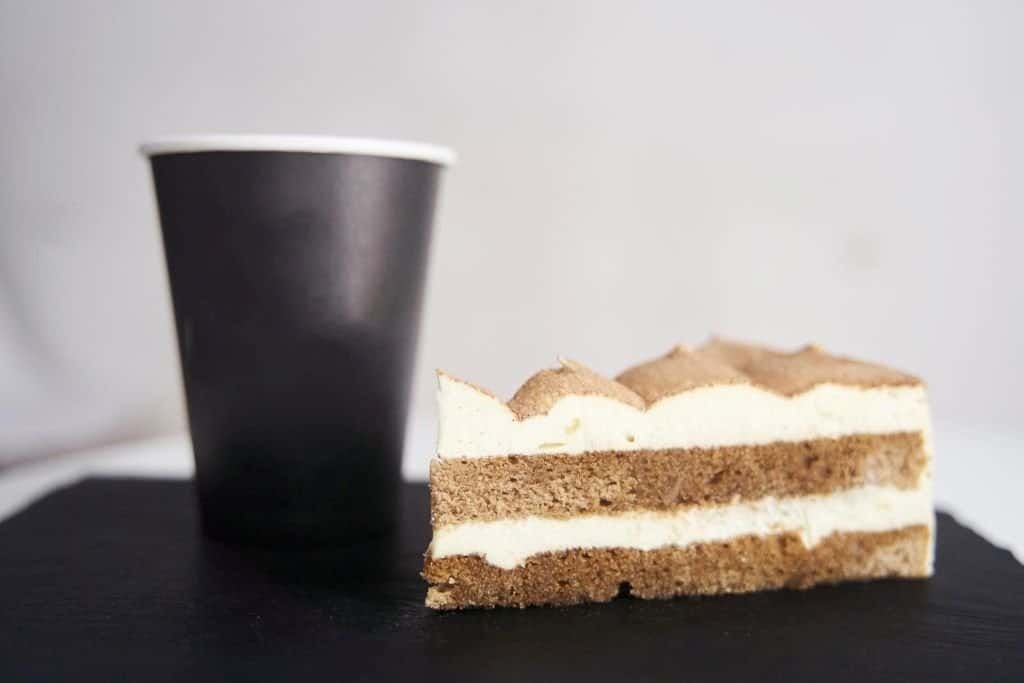French press coffee has long been a favorite method for brewing a rich, full-bodied cup of coffee. With its simple yet effective design, the French press allows coffee lovers to savor the subtle flavors and nuances of their favorite beans.
However, it can be frustrating when your French press coffee turns out weak and lacking the depth you desire. In this article, we’ll explore the top 8 mistakes to avoid when brewing with a French press, so you can enjoy the perfect cup every time.
By understanding these common pitfalls and learning how to overcome them, you’ll be well on your way to mastering the art of French press coffee.
Mistake 1: Using the Wrong Coffee Grind

Ideal grind size for French press
One of the critical factors in brewing a great cup of French press coffee is using the right coffee grind size. For this brewing method, a coarse grind is ideal. The larger coffee particles allow for a slower extraction, which results in a full-bodied and robust flavor.
How the wrong grind affects coffee strength
Using a grind that is too fine for a French press can lead to several issues, including weak coffee. Fine coffee grounds can clog the mesh filter, causing incomplete extraction and an underwhelming flavor. Additionally, over-extracted coffee can result from too fine a grind, which leaves your cup tasting bitter and unbalanced.
Conversely, a grind that is too coarse will lead to under-extraction and a weak, watery brew. Finding the right grind size is essential for a strong, flavorful French press coffee.
Mistake 2: Incorrect Coffee-to-Water Ratio

The recommended ratio for French press
Achieving the perfect balance between coffee grounds and water is another crucial aspect of brewing a delicious, full-bodied cup of French press coffee. A general guideline is to use a 1:15 coffee-to-water ratio, meaning one part coffee to 15 parts water. For example, if you use 30 grams of coffee, you’ll need 450 grams of water.
Tips for measuring accurately
To ensure consistency and accuracy, it’s best to use a digital kitchen scale when measuring your coffee and water. Scales provide precision that measuring cups and spoons may not offer, leading to a more consistent brew. By maintaining the correct coffee-to-water ratio, you’ll avoid weak, diluted coffee and enjoy a richer, more satisfying cup every time.
Mistake 3: Inadequate Water Temperature

Ideal water temperature for French press
Using the correct water temperature is essential for optimal extraction when brewing with a French press. The ideal temperature range for brewing coffee is between 195°F (91°C) and 205°F (96°C). This temperature allows for proper extraction, resulting in a well-balanced, full-flavored cup.
Effects of too hot or too cold water
Water that is too hot can cause over-extraction, leading to bitter, unpleasant coffee. On the other hand, water that is too cold can result in under-extraction, leaving your French press coffee weak and lacking in flavor. To ensure the correct water temperature, use a thermometer or an electric kettle with temperature control.
- 【±1°F Temp Control】KOIOS electric gooseneck kettle allows 1°F temp adjustment from wide range between 104 to 212°F. Built-in LCD panel indicates realtime & target water temps. 5 Temp Presets…
- 【Rapid Boiling & 2 Hours Hold Temp】With a 1200W powerful base, KOIOS electric tea kettle can boils up a FULL POT water(0.8 liters) in only 3 minutes. Select your desired temp and press “Keep…
- 【Pure Taste & Precise Pouring】Every surface that water contacts is made of food grade 304 stainless steel, without silicon, plastic or chemical linings, keeps the original taste of your coffee or…
Mistake 4: Inconsistent or Insufficient Brewing Time
Optimal brewing time for French press
The brewing time for French press coffee is crucial in determining the strength and flavor of your final cup. Generally, the recommended brewing time is between 4 to 5 minutes. This allows for adequate extraction, producing a rich, robust brew.
The impact of over- or under-extraction
Brewing your French press coffee for too little time can result in weak, under-extracted coffee with a watery taste. Conversely, brewing for too long can lead to over-extraction, resulting in a bitter, overly strong coffee. To avoid these issues, set a timer to ensure consistent brewing times and adjust as needed to achieve your desired taste.
- Count up & Countdown timer. You must want a reliable timer to know when to start or stop clearly. This new digital kitchen timer features Loud/Silent mode, On/Off switch, Large screen and Buttons with…
- Loud & Silent mode. Loud alarm beeps allowing you to hear in another room when time’s up. A must-have kitchen timer for cooking safely! Switch the digital timer to silent, only the red light flash…
- Maximum Count: 99 minutes 59 seconds. Built-in Memory time offers convenience to avoid having to reset it each time. Fast forward setting by long press the button for over 3 seconds. As a basic…
Mistake 5: Not Preheating the French Press

Benefits of preheating
Preheating your French press before brewing is an often-overlooked step that can make a significant difference in the quality and strength of your coffee. By preheating the press, you help maintain a consistent brewing temperature, which is vital for optimal extraction. A preheated French press will also keep your coffee warmer for a more extended period, allowing you to enjoy a hot, satisfying cup.
How to properly preheat your French press
To preheat your French press, simply pour hot water into the empty press and let it sit for a minute or two. Then, carefully pour out the hot water before adding your coffee grounds and fresh brewing water. This simple step can significantly improve the taste and strength of your French press coffee.
Mistake 6: Using Stale Coffee Beans

Importance of fresh coffee beans
The freshness of your coffee beans plays a crucial role in the overall taste and strength of your French press coffee. Freshly roasted coffee beans have a more vibrant flavor and produce a richer, more robust brew. Stale beans, on the other hand, can result in a weak, flat, and disappointing cup.
How to store beans for optimal freshness
To keep your coffee beans fresh, store them in an airtight container away from direct sunlight, heat, and moisture. Avoid storing beans in the refrigerator or freezer, as this can cause moisture to form, which negatively affects the flavor. Always purchase freshly roasted beans from a reputable roaster and use them within a few weeks to ensure the best taste and strength in your French press coffee.
- Freshness is Everything – Our coffee canisters help maintain the freshness of your coffee beans by keeping air out and free of harmful oxidation with a one-way CO2 valve and silicone rubber seal.
- Date Tracker & Free Scoop – Ensure your coffee is always fresh and not expired. You can set the storage or expiry dates with the date tracker on the lid of your Veken coffee storage canister. We also…
- 304 Stainless Steel – As a coffee lover, you must never compromise on the material and quality of your coffee container. Veken containers are made of thick, high quality stainless steel to create a…
Mistake 7: Poor Quality Water
The role of water in coffee brewing
Water quality plays a significant role in the taste and strength of your French press coffee, as it makes up more than 98% of your final cup. Factors such as mineral content, pH balance, and the presence of impurities can all impact the flavor and extraction process.
Tips for choosing the right water
To ensure the best taste and strength for your French press coffee, use filtered or bottled water with a neutral pH and low mineral content. Avoid using tap water that has a strong chlorine or mineral taste, as this can negatively affect your coffee’s flavor. Also, refrain from using distilled or overly soft water, as a certain level of minerals is needed for proper extraction and a balanced taste.
Mistake 8: Inadequate Cleaning and Maintenance

The Impact of a Dirty French Press
A dirty French press can harbor old coffee oils and residue, which can impart off-flavors and lead to weak, unsatisfying coffee. Regular cleaning is essential to ensure a consistently great-tasting cup and maintain the strength of your brew.
Proper cleaning and maintenance techniques
To keep your French press in top condition, disassemble and clean it thoroughly after each use. This includes removing the plunger, separating the filter components, and washing each piece with warm, soapy water. Make sure to rinse everything well to remove any soap residue. For a deeper clean, occasionally soak the filter components in a solution of water and mild detergent or a coffee cleaner. By keeping your French press clean and well-maintained, you’ll enjoy a stronger, more flavorful coffee every time.
Conclusion
In conclusion, by avoiding the top 8 mistakes when brewing French press coffee, you can ensure a stronger, more satisfying cup.
Whether it’s using the right coffee grind, measuring accurately, maintaining the correct water temperature, preheating your French press, using fresh coffee beans, choosing the right water, or cleaning and maintaining your French press, each step plays a crucial role in achieving a full-bodied and robust flavor.
Experiment with different coffee blends, water temperatures, and brewing times until you find the perfect combination that suits your taste. Making great French press coffee is all about finding the right balance and technique that works for you.
Follow the tips and advice provided in this article, and you’ll be well on your way to brewing the perfect cup of French press coffee every time.







